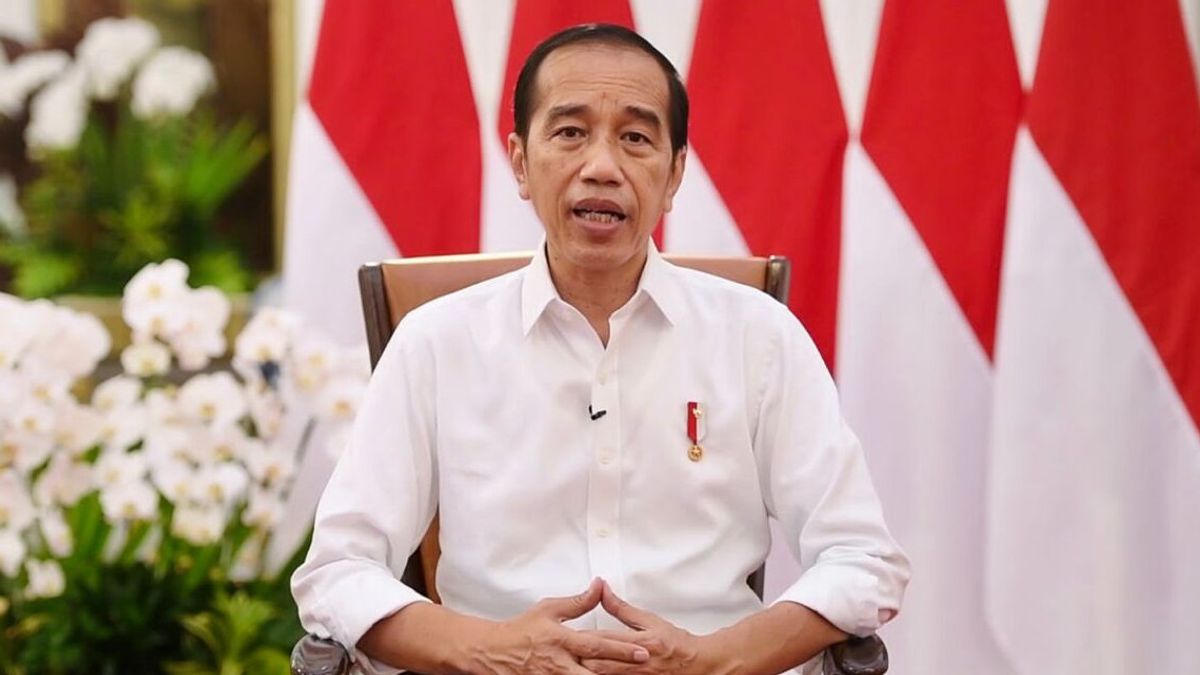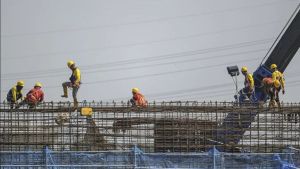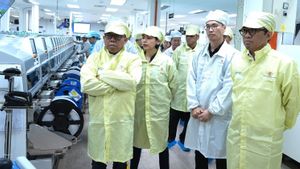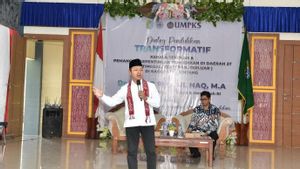JAKARTA - General Chairperson of the Indonesian Farmers Union (SPI) Henry Saragih said the impact of lifting the ban on Crude Palm Oil (CPO) exports was not significant. This is reflected in the low price of fresh fruit bunches (FFB) in several regions in Indonesia. According to Henry, although there is an increase, the change is still small.
As is known, President Joko Widodo (Jokowi) has officially lifted the temporary export ban on CPO and its derivative products. This rule comes into effect on Monday, May 23, 2022.
"In several villages in Asahan Regency, North Sumatra, there was an increase of Rp. 50 per kg, and there were also those whose prices were fixed. Prices at the farmer level varied in the range of Rp. 1,700 - Rp. 2,000. While prices on the loading ramp were in the range of Rp. 2,000 - Rp. 2 .200," he said in an official statement, Tuesday, May 23.
From West Pasaman, West Sumatra, the price of FFB on the platform is Rp. 1,750, while for direct to palm oil mills (PKS) it is in the range of Rp. 1,950. Meanwhile in Riau, specifically in Rokan Hulu Regency, the price of FFB is already Rp. 2,300 per kg if it is delivered directly to the PKS.
"In Jambi, the price of FFB is no longer decreasing. In Tanjung Jabung Timur, the price of FFB remains Rp. 1,625 per kg, in Muara Bungo Rp. 2,200 per kg, with an increase of Rp. 100 per kg. Likewise in Muaro Jambi Regency, Tebo, and Tanjung Barat, the increase starts from IDR 75 per kg to IDR 250," he said.
Henry also mentioned the promise of President Joko Widodo (Jokowi) to continue to monitor and ensure the supply of cooking oil is met at an affordable and stable price at Rp. 14,000.
"Otherwise, in the end, the small people and especially the families of farmers and laborers will have difficulty getting cooking oil again," he said.
Not only that, Henry also asked Jokowi to revamp procedures and regulations at the Palm Oil Plantation Fund Management Agency (BPDPKS). He asked that the rules be simplified and simplified.
"SPI asked the president that the government make a policy on the basic price of palm oil to become a reference for palm oil mills to buy smallholder FFB. In addition, BPDKS allocates its budget to small-scale oil palm farmers, because so far it is still enjoyed by corporations or large industries for biodiesel, " he said.
According to Henry, the events of decreasing reserves and prices of cooking oil that are not controlled by the government, followed by the policy of banning and lifting the CPO export ban should be used as a moment to overhaul Indonesian palm oil governance through agrarian reform.
"Palm is managed by farmers, not corporations. Management of oil palm plantations must be handed over to farmers, managed by cooperatives, starting from the business of plants, CPO factories and their derivatives. The state must play a role in this transition by implementing agrarian reform, plantation or private land covering an area of over 25 hectares made land object for agrarian reform (TORA)," he explained.
Meanwhile, corporations only manage the advanced processing industries, such as soap factories, medicines, and other derivative industrial businesses.
"The government must also cooperate with farmer organizations such as SPI to determine the ideal price of FFB so that oil palm farmers will profit, not even stagnate," he concluded.
The English, Chinese, Japanese, Arabic, and French versions are automatically generated by the AI. So there may still be inaccuracies in translating, please always see Indonesian as our main language. (system supported by DigitalSiber.id)













